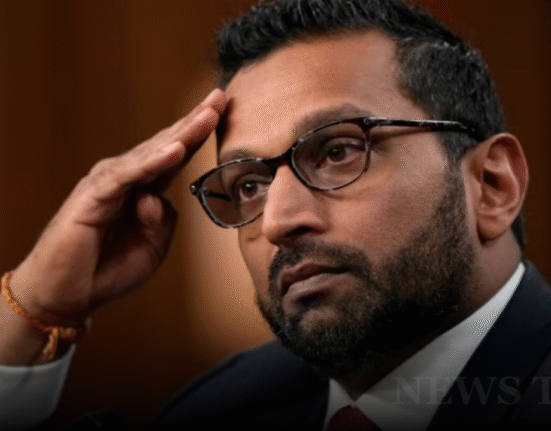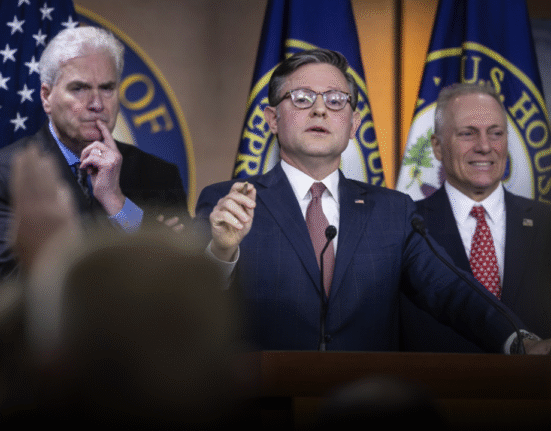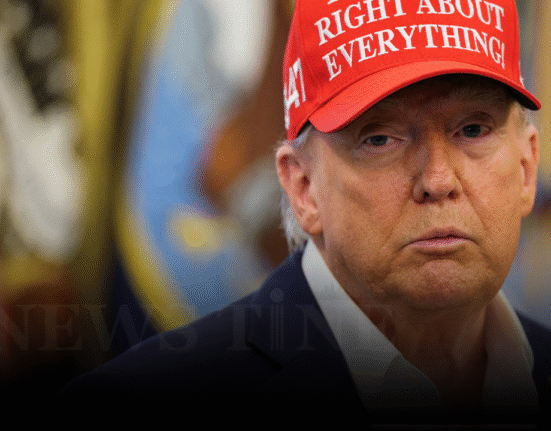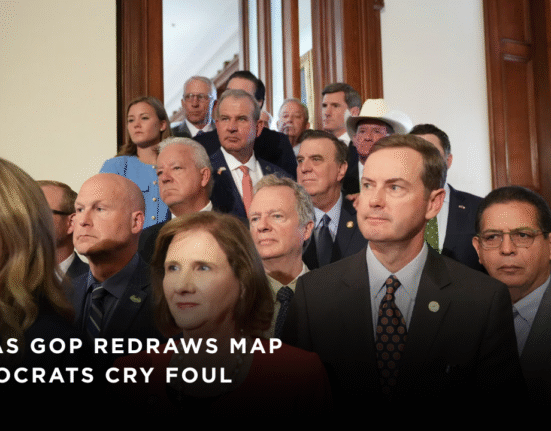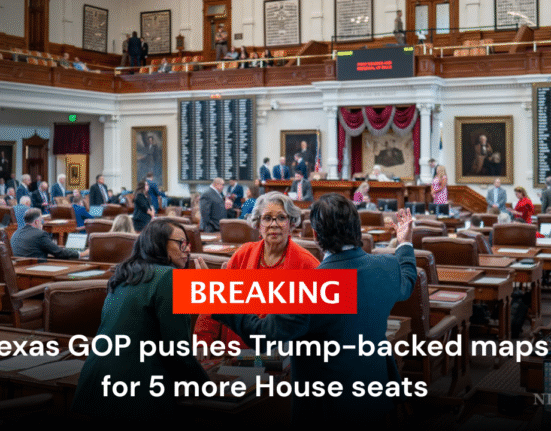
It’s not every day the world holds its breath over a handshake—but when it’s between Donald Trump and Vladimir Putin, the stakes are global. Rumors of a possible Trump-Putin meeting have sent international headlines into a frenzy, especially after the Kremlin boldly announced the summit was already set. But the White House says: “Not so fast.” With Ukraine and the future of Europe hanging in the balance, the story unfolding is more than political theater—it’s a potential turning point in modern diplomacy. Here’s everything we know (and don’t know) about the anticipated meeting.
📰 What Sparked the Trump-Putin Meeting Buzz?
Kremlin’s Statement Raises Eyebrows
On August 7, 2025, Kremlin adviser Yuri Ushakov told reporters that preparations for a Trump-Putin summit had begun. He confidently stated, “The meeting between Putin and Trump will take place in the coming days,” adding that a venue had been agreed upon. Moscow even hinted that the UAE might host the event, with support from “friendly nations.”
This came just after Trump’s special envoy, Steve Witkoff, met Putin in Moscow—fueling speculation that something big was in motion.
🗣️ “Work on the summit has now begun,” — Yuri Ushakov, Kremlin adviser
The White House Claps Back
However, the Biden administration quickly denied that anything was set in stone. A senior U.S. official emphasized that Putin must first meet with Ukrainian President Volodymyr Zelenskyy before any meeting with Trump takes place. According to the official, that condition hasn’t been met, and the Kremlin hasn’t shown much interest in making it happen.
🧭 Where Could the Meeting Happen?
Though Moscow remained vague on specifics, Ushakov mentioned the United Arab Emirates as a potential host. He suggested it was “quite suitable,” and noted the UAE President was among Russia’s international allies willing to facilitate.
Here’s a quick comparison of likely venues:
| Location | Pros | Cons |
|---|---|---|
| UAE (Abu Dhabi) | Neutral ground, diplomatic flexibility | Could spark criticism from EU/NATO |
| Helsinki | Historical precedent (2018 summit) | Security concerns |
| Geneva | Central location, neutral history | Possible EU backlash |
🧨 Ukraine Is the Missing Piece
President Zelenskyy made it crystal clear: any peace process that excludes Ukraine is a non-starter.
🗣️ “Ukraine is not afraid of meetings and expects the same brave approach from the Russian side,” — President Volodymyr Zelenskyy on X (formerly Twitter)
Zelenskyy emphasized that Europe and Ukraine must be part of any diplomatic solution to the war that began in February 2022. He’s not just advocating participation—he’s demanding it.
- Ukraine is in EU accession talks
- The war is in Europe; Europe must be part of peace talks
- Ukrainian, European, and U.S. security officials met this week to coordinate views
So far, Russia has not publicly agreed to a Zelenskyy-Putin meeting—placing a roadblock in front of the proposed Trump-Putin summit.
🕵️♂️ Trump’s Position: Hesitant, Yet Hopeful
President Trump isn’t jumping the gun. When asked about the potential summit, he said he was “disappointed before” but acknowledged a “very good prospect” of a Putin-Zelenskyy meeting in the near future. For Trump, the optics of being a peacemaker could work in his favor, but he’s clearly waiting for conditions to align.
Meanwhile, Trump’s envoy Witkoff has been actively involved in back-channel diplomacy, reportedly pushing for a trilateral meeting (Putin, Zelenskyy, and Trump)—though the Kremlin insists the next summit would only involve Trump and Putin.
📉 The Global Stakes: Why This Meeting Matters
This isn’t just about two presidents sharing a stage. A Trump-Putin meeting could:
- Set the tone for future peace negotiations
- Influence U.S.-Russia relations ahead of the 2026 elections
- Reshape NATO dynamics depending on the outcome
- Serve as a critical inflection point in the Ukraine war
International observers are split—some see this as a hopeful step toward ending the war, others fear it could legitimize Russia’s actions if not handled with careful diplomacy.


